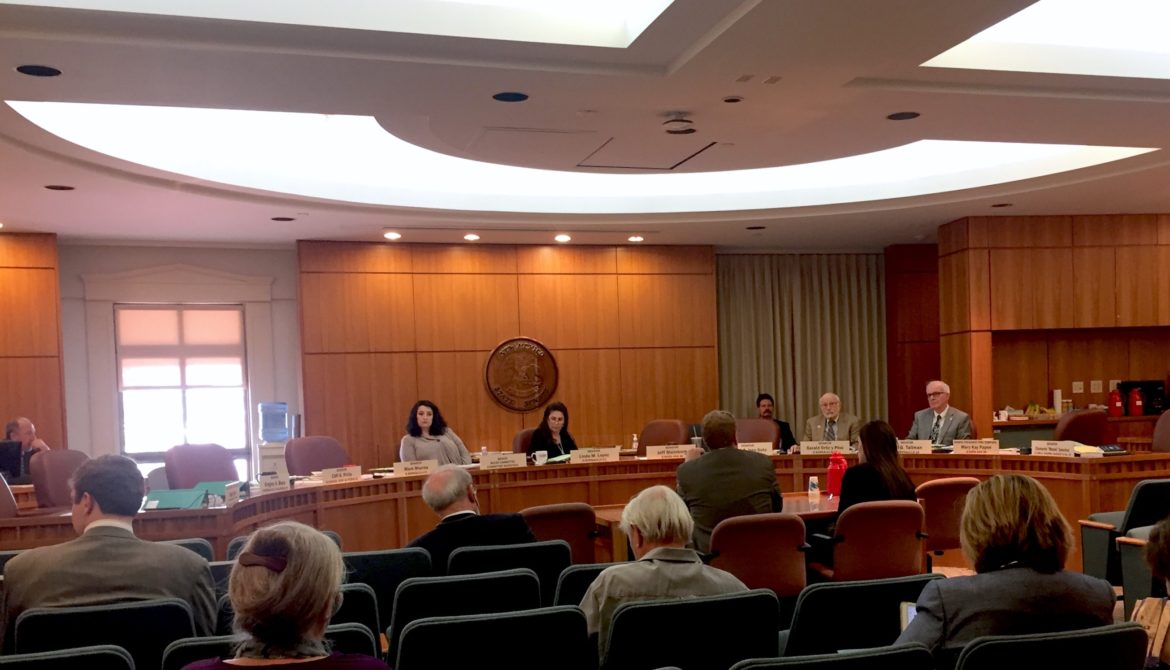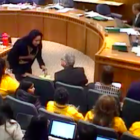2019 legislative session
Another session with no fix for patchwork of police shooting reviews
|
Despite another year in which New Mexico led the nation for fatal police shootings by population, how best to ensure public trust when those cases are reviewed for possible wrongdoing remains a vexing question. And with less than 48 hours left in this year’s 60-day legislative session, another year likely will pass without a fix from lawmakers. At a time when New Mexico is swimming in cash, neither lawmakers nor the state’s 14 district attorneys have appeared to push for the additional money it would take to create a uniform, statewide review system. “This session, there really hasn’t been anything that would address this,” Rick Tedrow, Eleventh Judicial district attorney and immediate past president of the New Mexico District Attorneys Association, told New Mexico In Depth. “In terms of funding for extra prosecutors to focus on these cases, it really should be the DAs asking for that.








